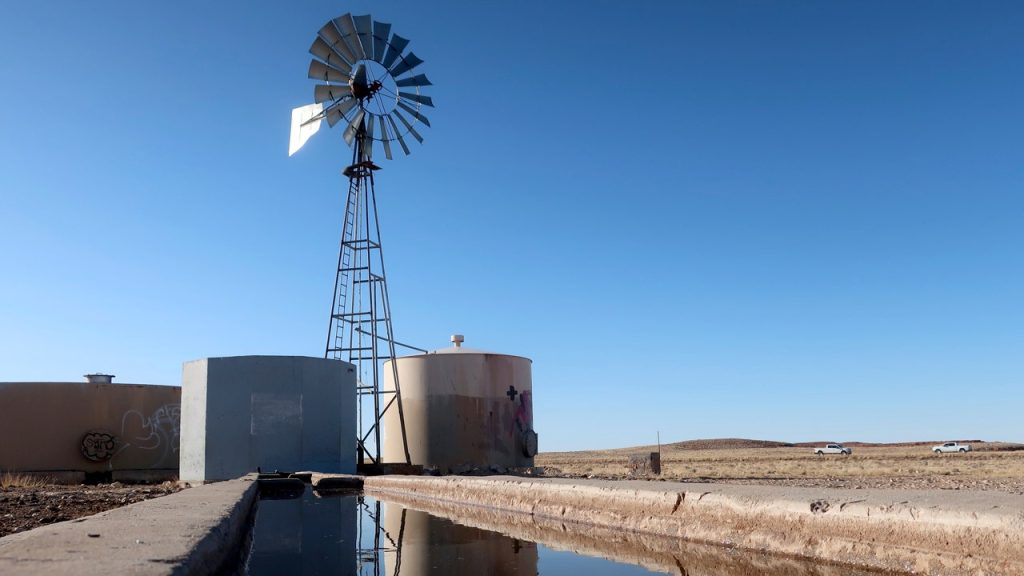The Navajo Nation Council has unanimously approved a proposed water rights settlement that could become the most expensive enacted by Congress, seeking more than $5 billion. The Navajo, Hopi, and San Juan Southern Paiute tribes have worked for generations to secure water deliveries for their communities, with nearly a third of homes in the Navajo Nation currently lacking running water. The settlement would ensure water rights for these tribes in the drought-stricken Southwest, with $1.75 billion designated for a pipeline from Lake Powell to deliver water to remote tribal communities by the end of 2040.
The San Juan Southern Paiute Tribal Council and the Hopi tribe have also approved the settlement, which will now go before Congress for final approval. For the Hopi tribe, the settlement provides a path to ensuring a reliable water supply and infrastructure for future generations, allowing them to fulfill their covenant with their guardian to live as stewards of their land. This settlement is part of ongoing efforts by federal negotiation teams to finalize agreements involving dozens of tribes across the U.S., with the Navajo, Hopi, and San Juan Southern Paiute tribes seeking significant funding for their settlement.
The tribes are seeking water from a mix of sources, including the Colorado River, the Little Colorado River, aquifers, and washes on tribal lands. The urgency of these settlement talks is driven by worsening impacts from climate change and increasing demands on the river, as well as a desire to secure a deal under a Democratic administration in Arizona and with President Joe Biden. Without a settlement, the tribes would be at the mercy of the courts, with the Supreme Court already ruling that the federal government is not bound by treaties to secure water for the Navajo Nation.
Arizona has a unique position in the Colorado River basin, with both Upper Basin and Lower Basin allocations. The state would benefit from the settlement by receiving certainty in the amount of water available as supplies diminish. As part of the solution, Navajo and Hopi tribes could potentially lease water within the state to be delivered through existing canal systems serving cities like Tucson and Phoenix. This leasing authority is seen as a key component of the settlement, providing the tribes with an opportunity to secure water rights and contribute to water resources in the region.
The settlement represents a significant milestone in the tribes’ fight for water rights and the continued efforts to secure essential resources for their communities. The long road to reaching this agreement has been marked by generations of advocacy and negotiation, culminating in unanimous support from the Navajo Nation Council and other tribal entities. As the settlement moves to Congress for final approval, the tribes are hopeful that this deal will help secure a more sustainable future for their lands, people, and future generations.


